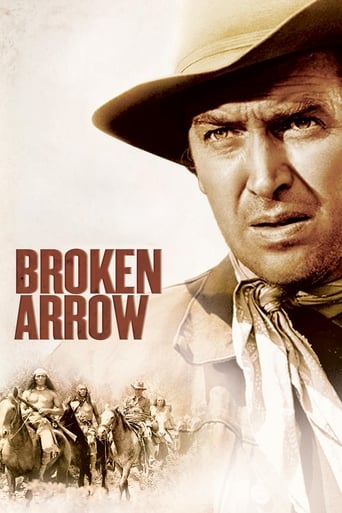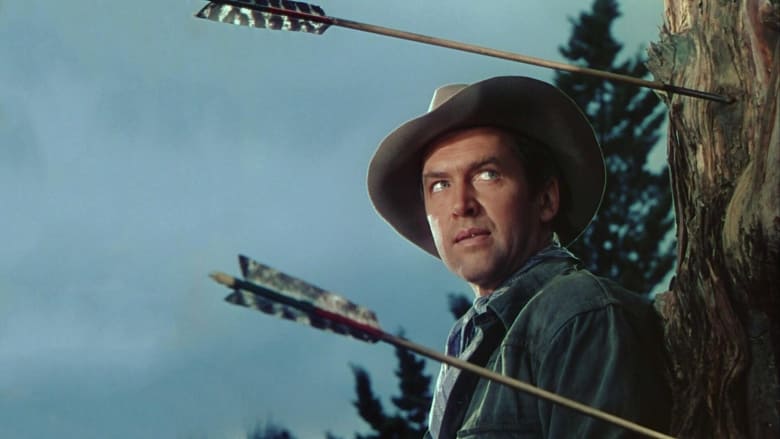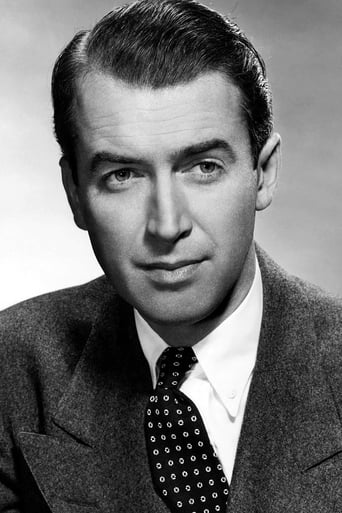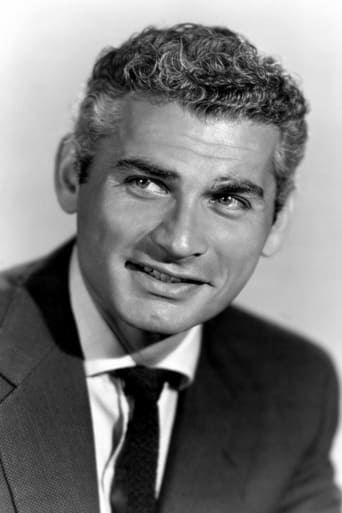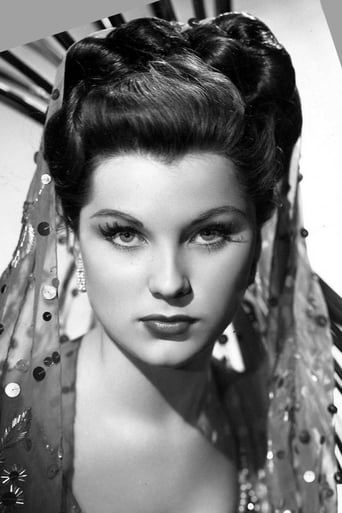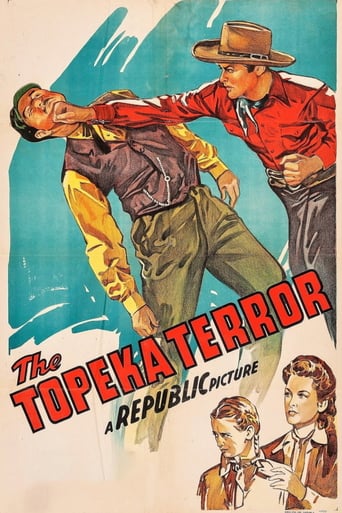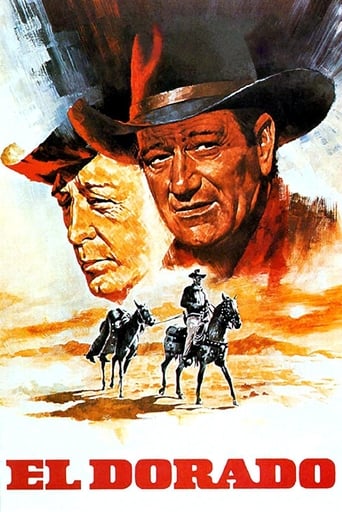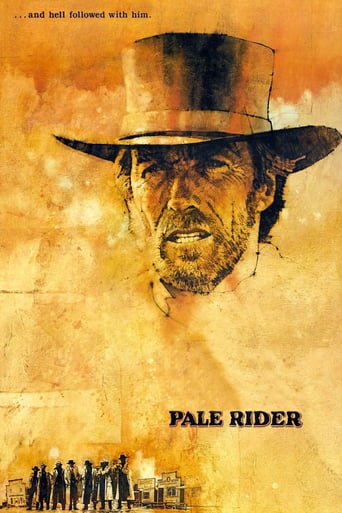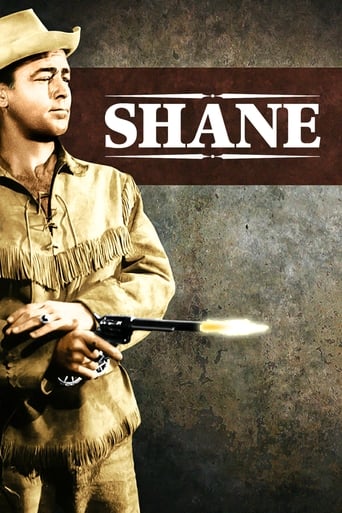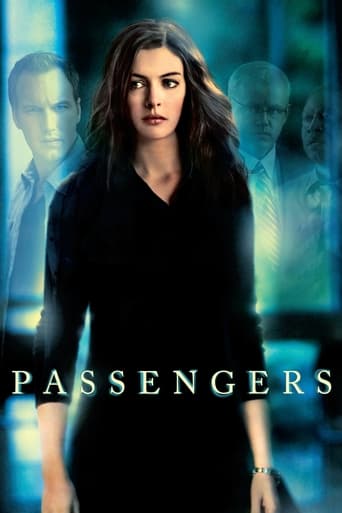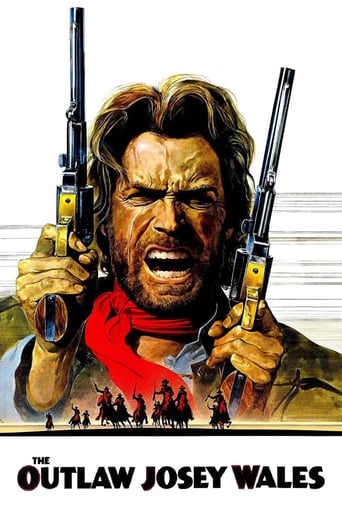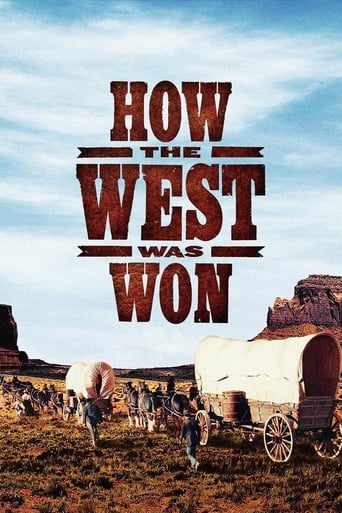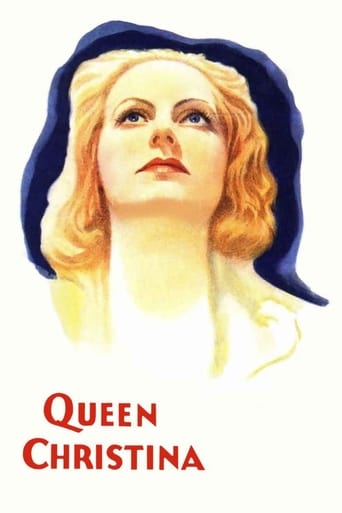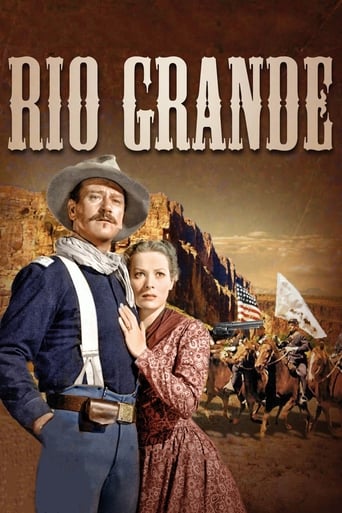Broken Arrow (1950)
Indian scout Tom Jeffords is sent out to stem the war between the Whites and Apaches in the late 1870s. He learns that the Indians kill only to protect themselves, or out of retaliation for white atrocities.
Watch Trailer
Cast


Similar titles
Reviews
Best movie ever!
In truth, there is barely enough story here to make a film.
By the time the dramatic fireworks start popping off, each one feels earned.
It's simply great fun, a winsome film and an occasionally over-the-top luxury fantasy that never flags.
I saw this movie a few times back a while and then just watched it. First, James Stewart gets shot twice at point blank range and survives, and wants ro kill tbe people thay just shot him, joke as are most movies with violence. Second, Debra Paget was 15 years old at the start of filming. That is awfully young to be a romantic lead with a 41 year old Stewart . It, really shows how people, especially white people , their own people, that they should protect goes out their way for a cause that was achieved, or lack there of, 80 or so years early than this movie. But because people never give up on these so called causes that we have issue and problems. It was, as usual, a movie in the late 40s and through the 1950s that broached a so called cause. This cause, as I said earlier, was finished and done but they, the "Holywood" people want to use this not as a call to help the Red man but to try and parallel it, the Red man's cause, with the issues of the day, that day or days was the early 1950s. And it works because after reading a lot of reviews, from today's people, they are sympethic with the plight of a people, yet not being there and not having their whole super close family and friends wiped out. And those people, today, still talk about it and act like it is so difficult to make it in the U.S.A. today. Well, the movie, as usual, is a piece that wants to make a point, even at the expense of their own people. The issue is that the reviewers here, if in charge then, would have done the same thing , but sitting here and comfortable it is easy to pass judgment on those that were distraught and left alone in the middle of the southwest. If these reviewers were in charge of the country from the beginning there would not be a country and all of the people of the world that were being destroyed would not have a place to go for freedom. People that come to this country , like my grandparents were happy as h__l to be here and sent 4 boys to WW 2 because it was America and who cares if the enemy may be tour ancestors. They were called names by all sorts of the people in this country but knew they were the sacrifice for their children and grandchildren and so on to put a great foothold on America and not worry about where they came from but move forward and speak the dominant language instead of their own. But the reviewers are making this movie larger than it is. Because they think of others so they can get their pat on the back, but stick by your own through, not only the good but the not so good, but no matter the ill and the ill will be fixed id really, really, really wrong, then we will be one people, be one peoples and we will have a greater peace than ever before. Until then movies like these will always fuel the mind of the young to do things they normally would not do and it may have started with their parents who when they were young filled their minds. It's a nice little western, but when I watch movies it is so tiring to see what they do to a movie instead of making it entertaining. FORGET THE POINT JUST ENTERTAIN. Thanks God Bless James
This film shows about bravery, friendship and willing to come to terms to secure a just and lasting peace. It is a story of how sacrifice in the end would attain that objective.In Wyoming, in the 1870s, with the Apaches running rampant-killing on both sides with massacres galore appeared to be the norm for this period.When one man, played by James Stewart, decides that he has seen enough of war, he sets out to convince Cochise (Jeff Chandler, nominated for best supporting actor), to come to terms.We see the Chandler character as war-like, with no trust and ready to do battle. We see a change in character as the film progresses, to someone who is willing to try peace and who realized the oncoming strength of America.Of course, there will be factions who will always try to avert peace by attacks and then blaming the other side. We see this in the tragic incident in the end.Stewart is kind, intelligent, and resourceful. Debra Paget, at age 17, appears as his Indian wife; the woman he loved, so sweet, intelligent and mature for her age.
" . . . to your Secret Place." So Tom Jeffords takes a breather from his archery lessons by Apache Chief Cochise to take some "Me Time" with his bride, Sonseeahray, at their honeymoon Wikiup that she'd built. But it would take nearly a century for the U.S. Supreme Court to declare mixed-race marriages legal in America, so the Red State One Per Centers--shouting "God made Adam and Eve, NOT Adam and Sonseeahreeve!"--begin taking potshots at the happy couple while the scabs on their hands from the wedding ceremony are still crusty. You just know that a marital union is getting off on the wrong foot when the bride is sporting a through-and-through belly would during Week One. Young kids today often question why all 887 Tribal Nations enumerated in the 1490 Western Hemispheric Census "surrendered" to the One Per Center Fat Cats "just visiting" from Europe. "Isn't even ONE of the 887 making a stand against these Nazi forefathers today?" they ask incredulously. BROKEN ARROW illustrates why "Indian Reservations" in the U.S. and elsewhere are "Sovereign Nations" in name only. Though there may be tiny pockets of free range people scattered across South America's Rain Forests, Mr. Dollar continues to hold every man, woman, and child in the U.S. hostage. The Oscar-nominated writer of BROKEN ARROW had to work under an assumed name to avoid being lynched by the Mad Dog Monied Interests of 1950.
In the film "Broken Arrow," the members of the Apache tribe were portrayed as smart and fair people who had some of the same ideas and morals as the Whites. The film begins with the main character, Tom Jeffords, healing a wounded Apache boy. When the Apache boy is departing after being healed his father greets Jeffords and the boy with the intent to kill. This scene shows the fairness of the Apaches when the boy's father says "You did not kill, we will not kill this time." Although the boy's father had the intention to kill Jeffords, he didn't kill him because Jeffords healed his son instead of killing him. This shows the Apaches' sense of fair play, stated later by Jeffords, "They wanted to kill me alright, but they let me go. I learned something that day: Apache women cried about their sons and that Apache men had a sense of fair play." This also shows Jeffords' learning that the Apaches have the same emotions as the Whites. Jeffords realizes that the Apaches act the same as the Whites after the Apache boy describes why he must get back to his mother. "'My mother has cried,' he said. Funny, it had never struck me that an Apache woman would cry over her son like any other woman," Jeffords thought. The film also suggests that the Apaches had a sense of intelligence. In the scene when Jeffords begins his journey to meet Cochise, he sends a smoke signal with Juan, Juan then notes that "Apache eyes are quick." This symbolizes the intelligence of the Apaches because, although they can't be seen, they're always on the lookout for oncoming attacks. Meaning that they are aware of the possibilities of malicious attacks from enemies. One of those sneaky attacks occurs when Col. Bernall planned an attack and ultimately failed. Col. Bernall states that he has "50 rifles in hiding under the blanket" that looks like mail. However, Cochise outsmarts the Col. Bernall and sends his men to circle the military men, shoot them, and steal their wagons. This scene shows that the Apaches were smarter than the Whites.Although the film noted the intelligence of the Apaches, the film did consist of scenes that negated it. The first scene that Sonseeahray and Jeffords meet privately, Sonseeahray is seen admiring an object that she's never seen before: a mirror. She grabs the mirror and inspects it with amazement then says "This is much better than looking through a pool of water." This is ironic because in an earlier scene the Apaches are seen communicating with each other by reflecting sunlight off of a mirror. The film attempted to acknowledge some of the strong suits of the Apaches but didn't fully captivate all of their qualities due to the racism still present in this time period. Racism is shown throughout the plot and through the way the film was directed. The use of white actors are prominent in this film, none of the Apaches are truly colored. All of the actors are coated in brown makeup because the director, Delmer Daves, didn't want to cast colored people. Daves didn't want to cast colored people in this film because they still weren't seen as truly equal during this time period. In fact, Jeff Chandler, who played Cochise, is a white sergeant in another film named "Pillars of the Sky" in which he rescues the Indians from the cruelty of his associates.As in "Pillars of the Sky," "Broken Arrow" depicts that the Whites were always the people seeking to negotiate a peace treaty with the Native Americans. This fictional film depicts Jeffords seeking peace instead of the Apaches; this essentially suggests that white people were always partial while the Apaches were always ready to kill instead of seeking out peace. When Jeffords first asks Cochise to allow the mail to pass by the Apache territory Cochise hesitates to allow this and says "I will not listen," after Jeffords asks "Is it not possible that someday your people and mine can live together as one people?" This shadows the truth that the Whites in fact enticed the war between the Native Americans and the Whites.

